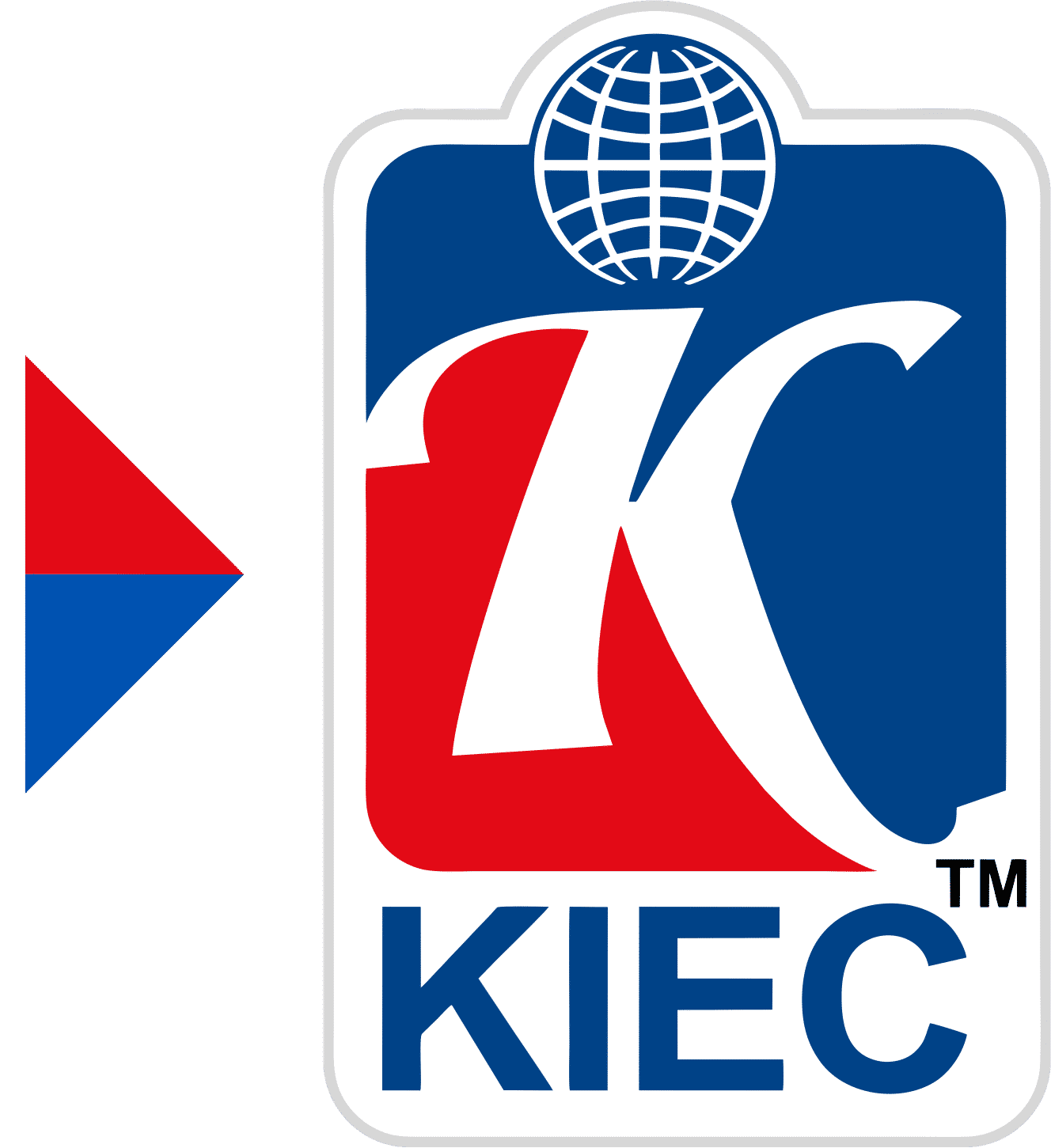
AGRICULTURAL ECONOMICS
A specialized course under Agricultural Stream
About the Course – Agriculture Economics
Agricultural economics studies the allocation, distribution, and utilization of the resources used, along with the commodities produced by farming. Agricultural economics plays a role in the development of the economy.
Agricultural economics developed throughout the 20th century largely as a branch of general economics. Initially, it combined the theory of the firm with marketing and organization theory. Agricultural economists aim to address the development problems of poor countries, and also a variety of production, consumption, and environmental and resource problems.
There are three main areas where Agricultural economists work: designing incentives to control environmental externalities (such as water pollution due to agricultural production), estimating the value of non-market benefits from natural resources and environmental amenities (such as an appealing rural landscape), and the complex interrelationship between economic activities and environmental consequences. Improving land management, preventing erosion, managing pests, protecting biodiversity, and preventing livestock diseases come under the Agricultural economists’ responsibilities. They develop quantitative tools to preserve the natural resources.
Career Prospect
Graduates from agricultural and applied economics departments find jobs in many sectors of the economy: agricultural management, agribusiness, commodities markets, education, the financial sector, government, natural resource and environmental management, real estate, and public relations. Careers in agricultural economics require at least a bachelor’s degree. The following are the career prospects for the graduates:
Agribusiness Consultant, Agribusiness Specialist, Agricultural Appraiser, Agricultural Loan Officer, Agricultural Marketing Specialist, Agriculture Development Officer, Agriculture Economist, Bank Manager, Commodities Broker, Commodity Grader, Economic Analyst, Economic Development Coordinator, Environmental Economist, Financial Analyst, Marketer, Merchandiser, Public Policy Analyst, Salesperson, Statistician, Supply Chain Manager
Course Available by Providers
The courses are generally provided at Foundation, Diploma, Bachelor (UG) and Master (PG) levels.
COURSES UNDER AGRICULTURE, ENVIRONMENT AND VETERINARY SCIENCE
KIEC Group proudly represents the best education providers, assisting students with admission and visa processes, making personalized education pathway and worry-free experience.
Need Expert Advice to Discuss Your Study Options!
